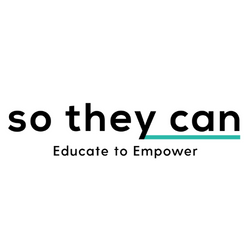Improve the Education Quality at a Whole School for a Year
So They Can currently works with two communities in Kenya: Nakuru and the marginalised area of East Pokot, both of which face extreme poverty, illiteracy, lack of employment opportunities, limited access to medical care, poor sanitation and a poor standard of public education.
Following the introduction of free primary education for all children over the age of 6 by the Government of Kenya in 2003, there has been a large increase in primary school enrolment numbers. This has not, however, led to increased learning and performance. The school system has not been able to keep up with a desperate need for new schools, classrooms, teachers, other school infrastructure and learning resources. Schools are forced to merge classes with the average ratio of pupils to qualified teachers nationwide being 54:1, 35% above the target of 40:1.
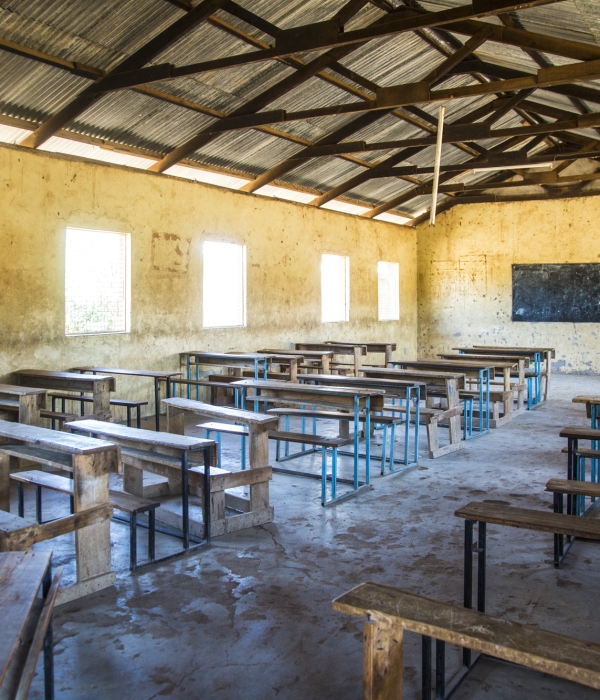
How your project/impact addresses this problem:
So They Can’s East Pokot Education Program works with 10 public schools, 7 primary and 3 secondary. In total, the 7 primary schools have 2,248 students and 74 teachers, and in the 3 secondary schools, they have 754 students and 38 teachers.
So They Can’s Education Program focuses on the following 7 areas to ensure the delivery of quality education:
- Teacher training and professional development;
- Student well-being (feeding programs, access to water, hygiene and sanitation);
- Development of school boards and management;
- Government partnerships;
- Community and stakeholder engagement;
- School infrastructure and resources; and
- Quality Early Childhood Development.
The Program objectives and outcomes are achieved through the delivery of the following 5 interlinked and complementary projects aimed at providing a holistic approach to quality education:
1. Our School Community
Our local team works with local government departments, school management and parents to raise awareness of the importance of education and increase parental involvement and participation in school activities. This project builds relationships with the community to ensure the long-term sustainability of our achieved outcomes. Our local team takes the time to understand the cultures of the local community to establish trustworthy connections. We use this as a basis to develop quality School Management Committees or a Board of Management for the school, as well as an active and engaged parent body.
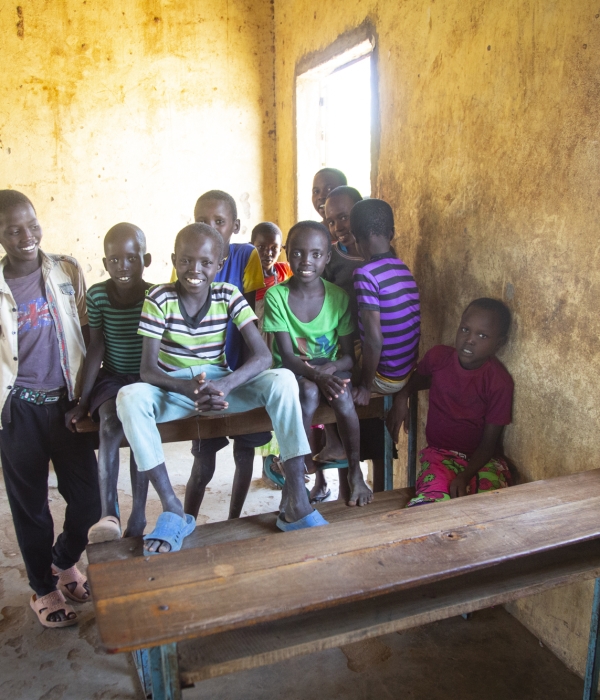
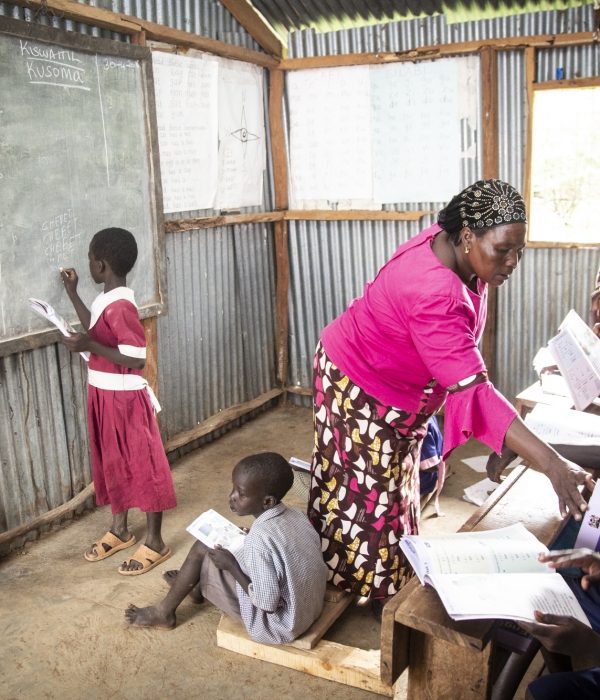
2. My Voice
We all want to see our children feeling confident and empowered to stand up and speak out for their rights. My Voice is focused on developing skills and confidence in students so that they feel confident to take ownership of their education. Our My Voice Project uses informal initiatives to develop pupils’ self-esteem and encourages them to be a part of problem resolving in their schools.
3. School Improvement
Our School Improvement Project is focused on improving the general infrastructure and support system of a school. This could be anything from building and renovating classrooms and bathrooms, to installing new water tanks and kitchens, to rolling out school feeding programs to ensure all students are fed and have the energy to learn.
4. Teacher Development
Our Teacher Development Project provides quarterly workshops, tutoring, peer-to-peer coaching, and fully-qualified teacher intern support from our Mamire Teachers’ College. The aims of the project are to provide teachers in the program schools with the appropriate skills, competencies and confidences which will enable them to meet the complex learning needs of their students.
5. Keeping Girls in School
We know that educating girls is one of the most powerful ways to change the future. Our Keeping Girls in School Project harnesses the support of local medical centres, ‘Champions’ and community members to deliver health information and support to mothers and girls to increase school attendance. As part of this Project, we distribute our NIA Dignity Packs, which support girls to stay in school when they have their period. We also provide scholarships to reduce financial barriers to ensure girls can access quality education.
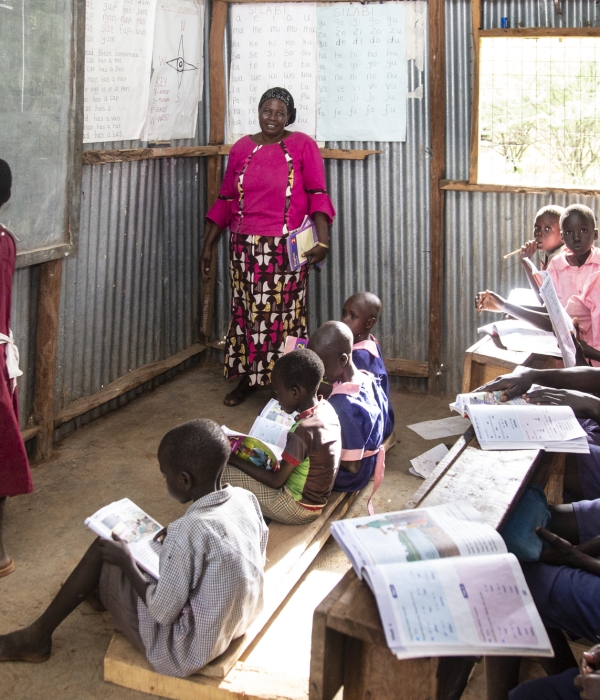
More Information











Visit Website: So They Can





